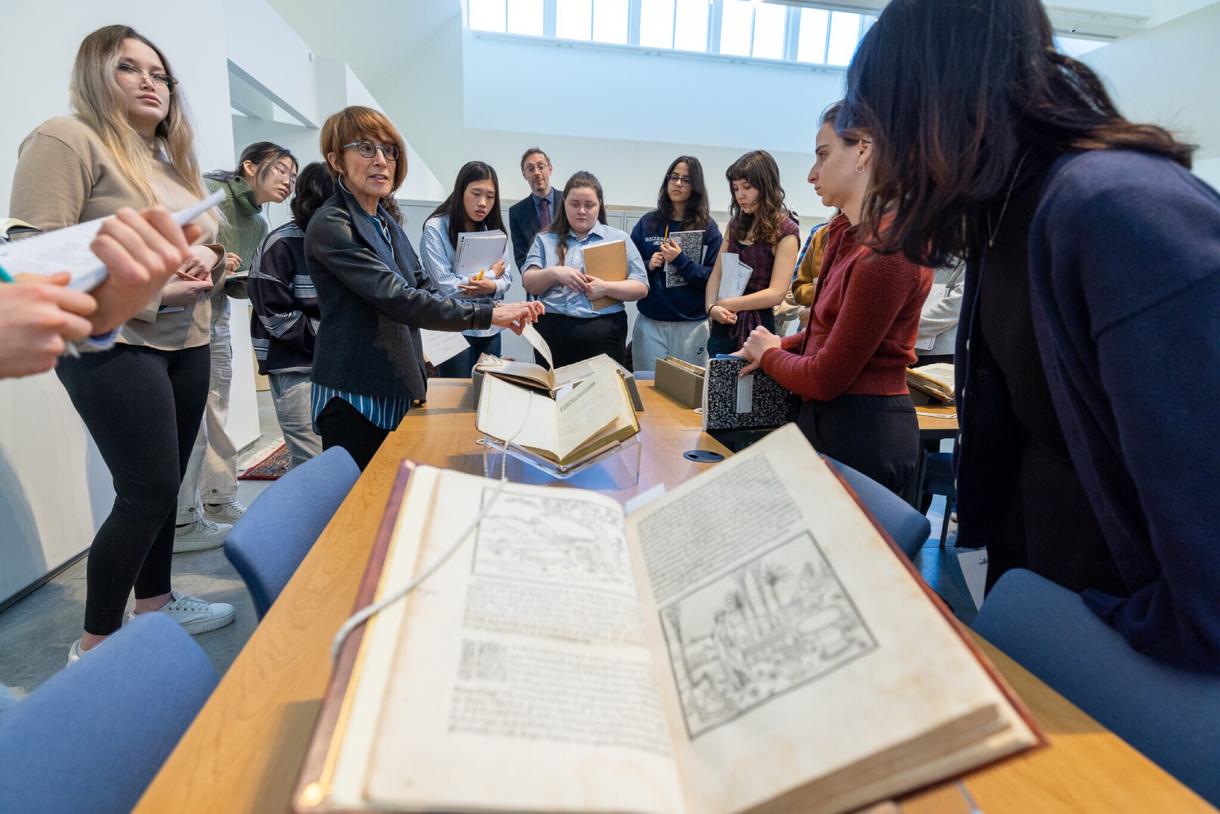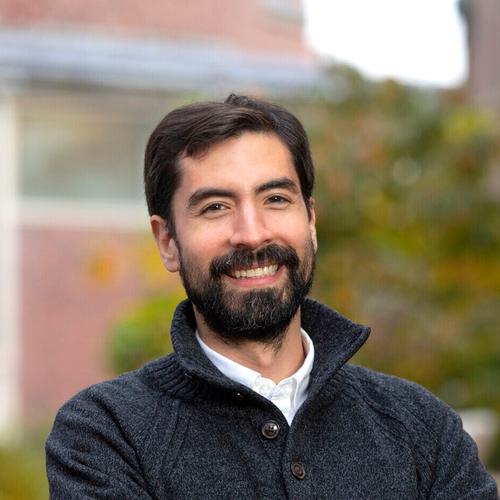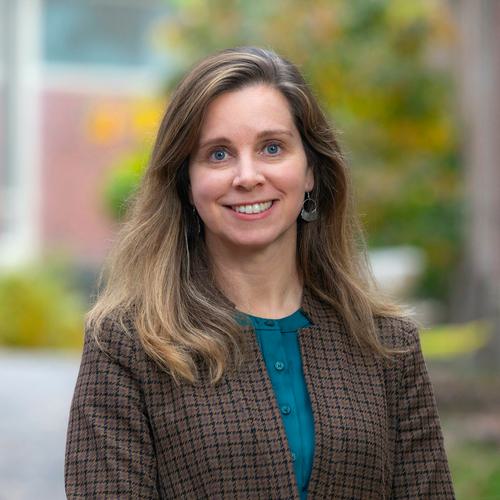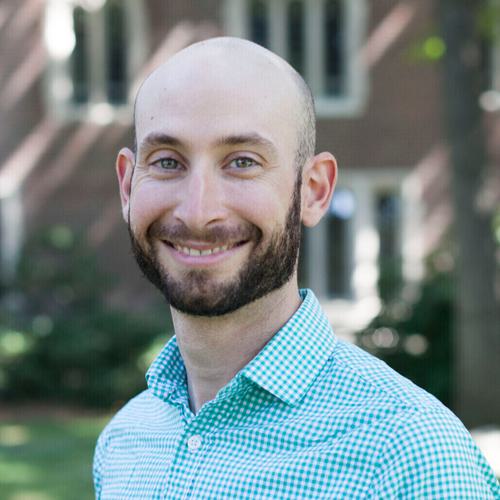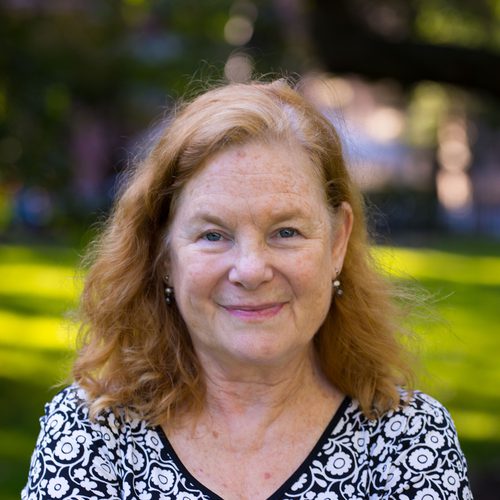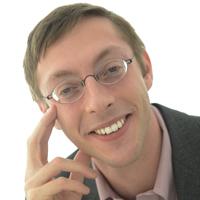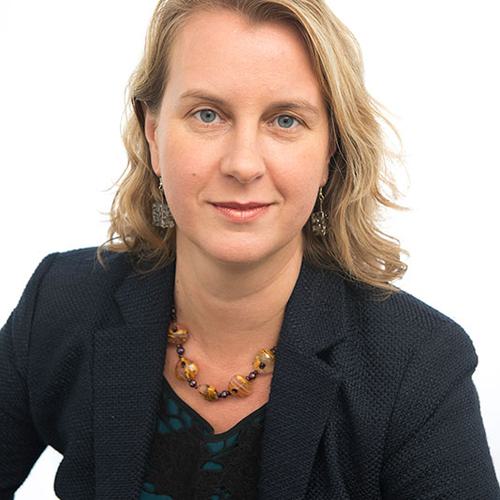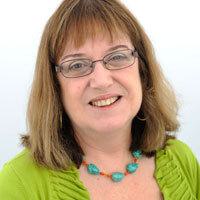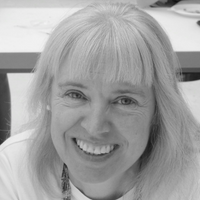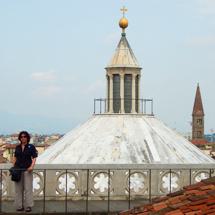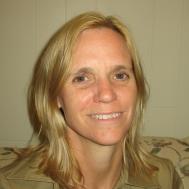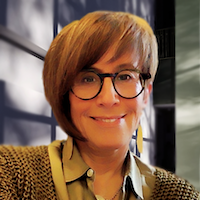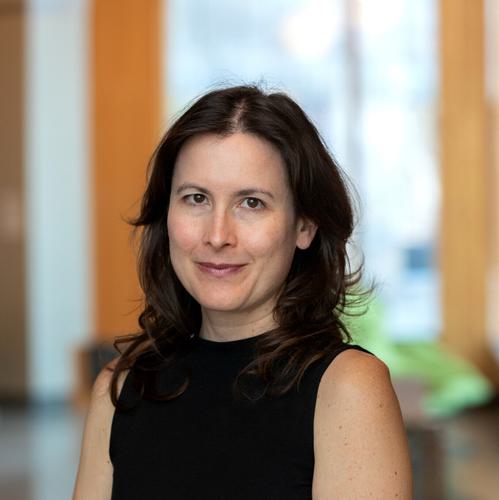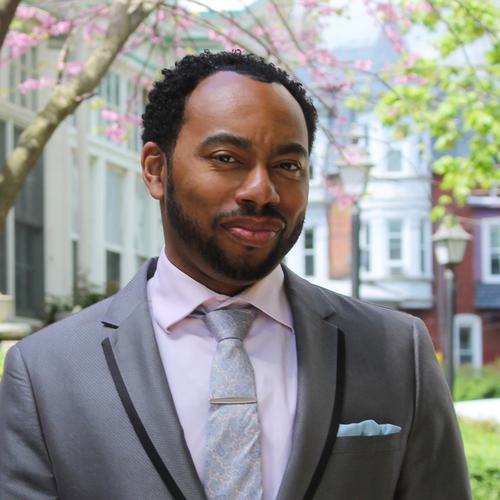Medieval and Renaissance Studies
Academic Program Introduction
Students explore European and Mediterranean civilizations in all their richness and diversity, from the fourth through the 17th centuries. Founded in 1975, the program encompasses literature, art, music, religion, philosophy, and history. Our students have the freedom to range across these disciplines while developing at least one area of special competence.
Topics of our courses include global communication networks, colonial empires, witchcraft, the history of mental health, food and gardens, religious conflict and coexistence, the history of printed books and reading, and literary representations of race, among many others. Our reputation for excellence in the study of Dante Alighieri (1265–1321) coincides with the words from his Vita nuova inscribed within the College’s seal: Incipit vita nova (“Here begins a new life”).
An extraordinary constellation of resources on the Wellesley campus, built up since the late 19th century, offers students immersive experiences of medieval and Renaissance art and artifacts, music, and theater.
Our faculty is a large, intellectually vibrant, warm-hearted, egalitarian, and harmonious community. We welcome each other, our families, our alums, and our majors and minors to a potluck dinner once each semester.
Learning goals
Show familiarity with foundational works and events of this period.
Explain both the unity and diversity of European and Mediterranean cultures during the Middle Ages and the Renaissance.
Identify and examine major shifts within the fields of history, religion, philosophy, art, music, and literature.
Achieve deep understanding in at least one area of specialization.
Programs of Study
Medieval and Renaissance studies major and minor
Students engage with the Middle Ages and the Renaissance through a multidisciplinary approach, integrating coursework from a variety of subject areas.
Course highlights
Dante's Inferno (in English)
ITAS263
This seminar is a collective close-reading of Dante Alighieri's Inferno, the first canticle of the Divine Comedy, along with extended selections from Purgatorio and Paradiso. We will examine the poem's historical context, its intricate narrative structure, and its enduring influence. We will treat Dante’s poem as a gateway into the medieval world. Secondary reading will include near-contemporary chroniclers, theologians and poets as well as classic Greek and Roman authors such as Aristotle, Virgil and Ovid. No historical or religious background knowledge is required, only attention to detail and a willingness to be surprised. Sample discussion questions we will tackle with Dante: How can I distinguish between love and lust? How do I navigate a hyper-polarized society? What is justice? Is there value in suffering? How far should political prosecution go? How can I stand up to authority in a world where dissent is dangerous? Why are there spots on the moon?
(ITAS 263 and MER 263 are cross-listed courses.)-
Boccaccio’s Decameron (in English)
ITAS262
In 1348, as the plague ravaged Florence, ten young people fled to the countryside and told one hundred stories. Boccaccio's Decameron, dedicated to women who suffer in love, became one of Western literature's most influential works, and includes tales so explicit that the first uncensored English translation did not appear until 1972. We will immerse ourselves in Boccaccio's medieval world through 14 celebrated stories, then trace the Decameron’s influence through works by Chaucer, Marguerite de Navarre, Verga, Pirandello, Chekhov, Buzzati, Lahiri, and Atwood. Students will develop their skills as slow and careful readers, and—most importantly—become storytellers themselves. In two special sessions, students will share prepared stories: original creations, borrowed tales, or imaginative hybrids. (ITAS 262 and MER 262 are cross-listed courses.) -
Seminar: The Art of Science in the Islamic World
ARTH348
In the medieval Islamic world, crafting scientific tools wasn't just practical—it was an art form. Artists and builders used their knowledge of chemistry, metallurgy, geometry, astronomy, and anatomy to produce objects and monuments that were both beautiful and crucial to the discovery of new phenomena. In this seminar, we'll dive into the intertwined practices of artistic creation and scientific exploration, spanning the seventh to the fifteenth centuries. You'll investigate the discoveries behind objects, images, and monuments, such as astrolabes and zoological manuscripts. We'll cover fascinating topics like the secrets of constructing robotic automata, the alchemy of turning plants into vibrant textile dyes, and the geometric principles guiding the design of astronomical observatories and tile patterns. Our field trips to Special Collections and other exhibits will bring these concepts to life. You'll learn to see the world through both an artist's and a scientist's eyes, gaining insights into how medieval Islamic innovations continue to influence our modern world.
Places and spaces
-
Davis Museum. The collections of the Davis Museum contain outstanding examples of medieval and Renaissance material culture, including an abundance of early modern works on paper. Exhibits frequently relate to the Renaissance or the Middle Ages. Since our program’s founding, faculty and professional staff, including curators in the Davis Museum and the College’s libraries, have routinely taught together, contributed lectures and demonstrations to each other’s classes, read and discussed each other’s scholarship, and collaborated on the planning of exhibits and other public events.
-
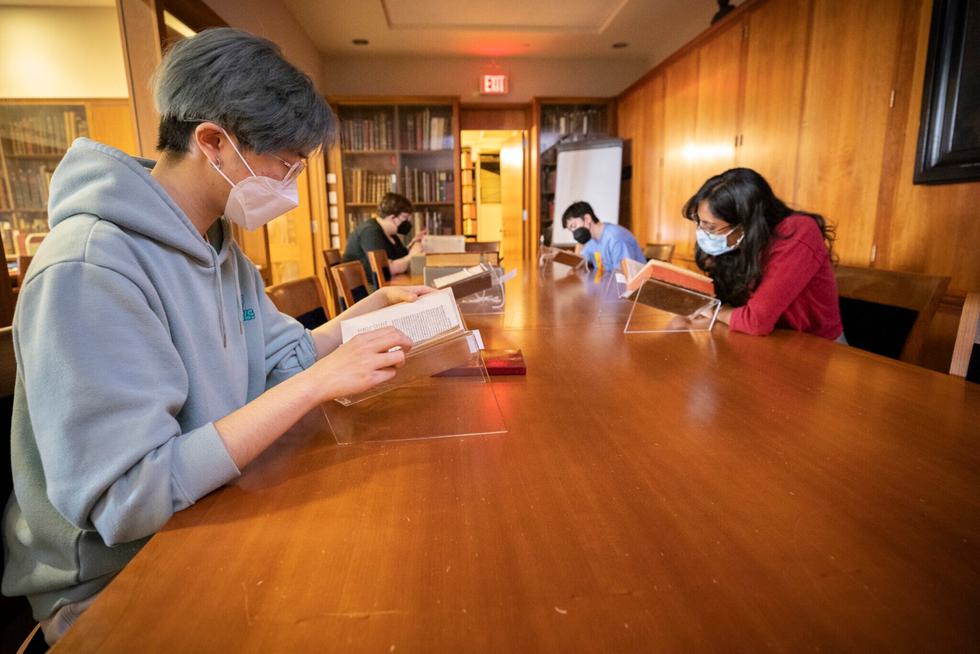
Special Collections. Wellesley's Special Collections contain superb rare books and manuscripts, including numerous incunabula and early editions. Highlights include the Plimpton Collection of Italian literature; the Rare Books Collection donated by the College’s founders; the English Poetry Collection; and extensive holdings in the histories of science, technology, medicine, philosophy, overseas imperialism, and many other subjects. Recent acquisitions include an extraordinarily rare, late 16th-century Spanish broadside indicating remedies for plague. The extensive use of these collections in our courses and in student and faculty research is supported by the Book Studies initiative.
-
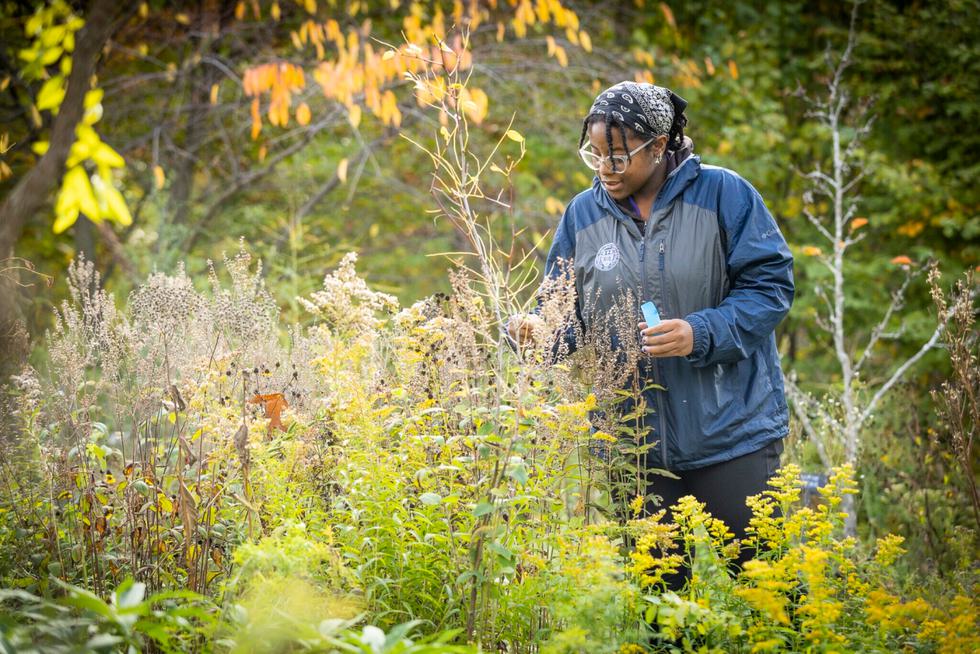
Campus landscape and architecture. The College’s greenhouses and gardens, the Claflin Bakery, buildings, and landscape feature in courses on medieval and Renaissance gardens and architecture.
Research highlights
-
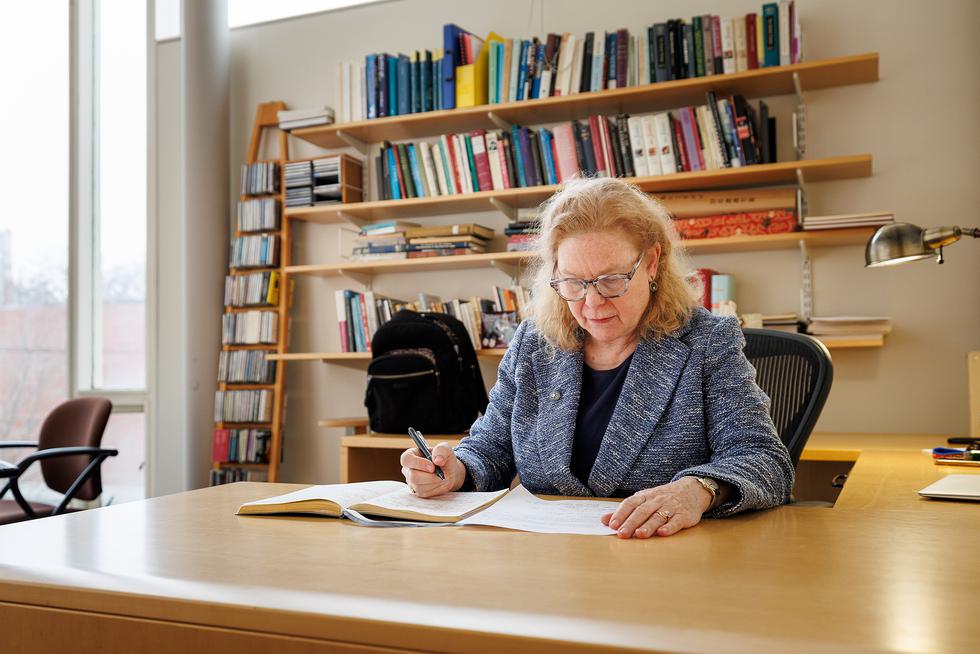
To accompany Professor Claire Fontijn’s article on 17th-century vocal music by Barbara Strozzi and Antonia Bembo, a student research assistant transcribed musical examples from manuscript sources using the Sibelius software package. The article has recently been published in a multilingual collection, Barbara Strozzi (1619–1677): Music and Discourse in Seicento Venice.
-
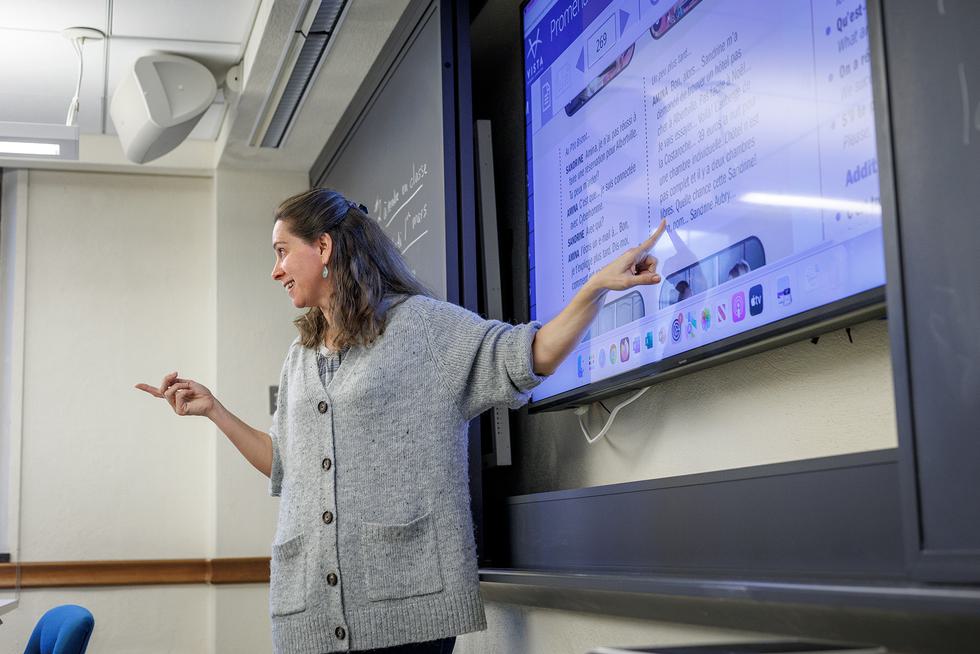
In Professor Hélène Bilis’ 2021 class “'Long Live the Queen!' Women, Royalty, and Power in Literature of the Ancien Régime," students collaboratively researched terms used in Madeleine de Scudéry’s allegorical map “Carte de Tendre” to understand how 17th-century notions of friendship, sociability, and love differ from present understandings.
-
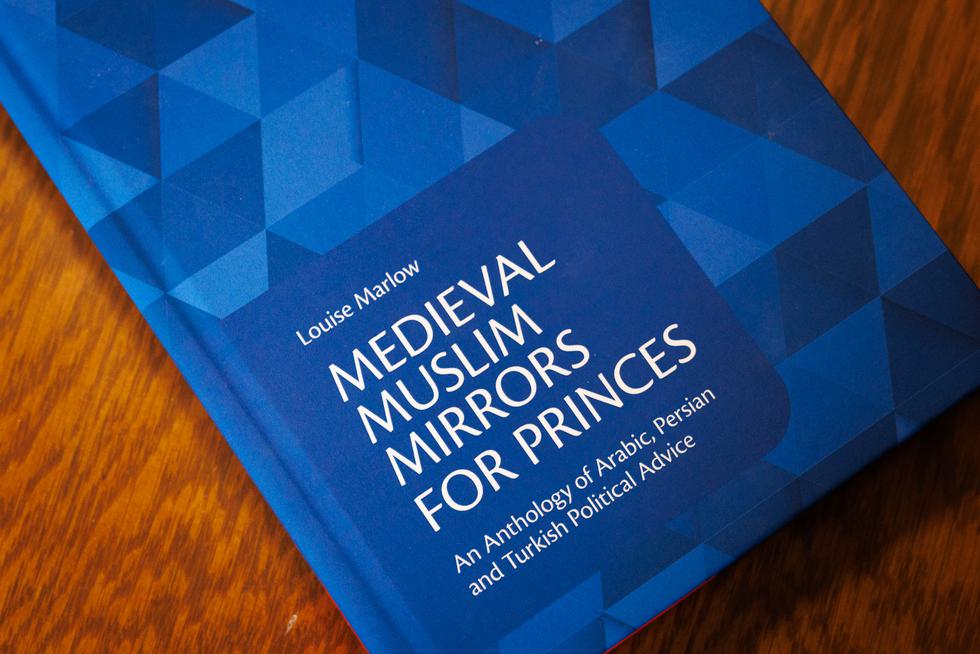
In her book Medieval Muslim Mirrors for Princes: An Anthology of Arabic, Persian and Turkish Political Advice (Cambridge University Press, 2023), Professor Louise Marlow presents translations presents translations of texts from the Islamic Early Middle Period (roughly the 10th to 12th centuries CE). The authors offer advice on political legitimacy, rulers’ responsibilities and limits on their power, the duty of subjects to obey, social stability, allowable uses of force, functions of government, and the status and rights of diverse social groups.
Opportunities
-
Book Arts
Students, faculty, and staff interested in Renaissance book production can practice nearly every stage themselves, from paper- and print-making in dedicated facilities within Pendleton West, to handpress printing, binding, and repair in the Book Arts Lab and Conservation Studio in Clapp Library, all under the guidance of curators, professional printers and artists, and conservators.
-
Music
The Collegium Musicum welcomes students, faculty, and staff to perform Western medieval, Renaissance, and Baroque music on early instruments from Wellesley’s collection, including violas da gamba, recorders and Baroque flutes, a clavichord, a virginal, a dulcian, a lute, and many others. The Houghton Chapel’s magnificent organ was built in 1981 by Charles Brenton Fisk in the style of North German organs of the 17th century. Wellesley Organ Club features regularly in public concerts.
-
Drama
The heart of Wellesley College’s Renaissance theater community is Shakespeare Society, housed in Shakespeare House, built in 1899 in the style of a Tudor cottage. Normally, members perform a Shakespeare play each semester. Students and professional actors also perform Renaissance drama at other venues on campus.
-
Eugene L. Cox Fellowship
Honoring the professor of history, founding director of our program, and longtime host of our traditional potluck dinners, the fellowship is awarded to a senior or recent graduate planning to conduct graduate study in medieval or Renaissance history and culture.
106 Central Street
Wellesley, MA 02481
